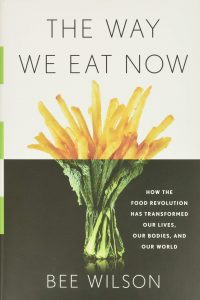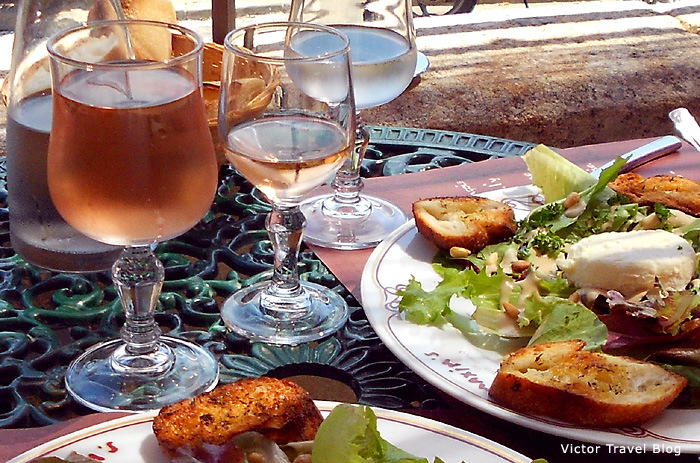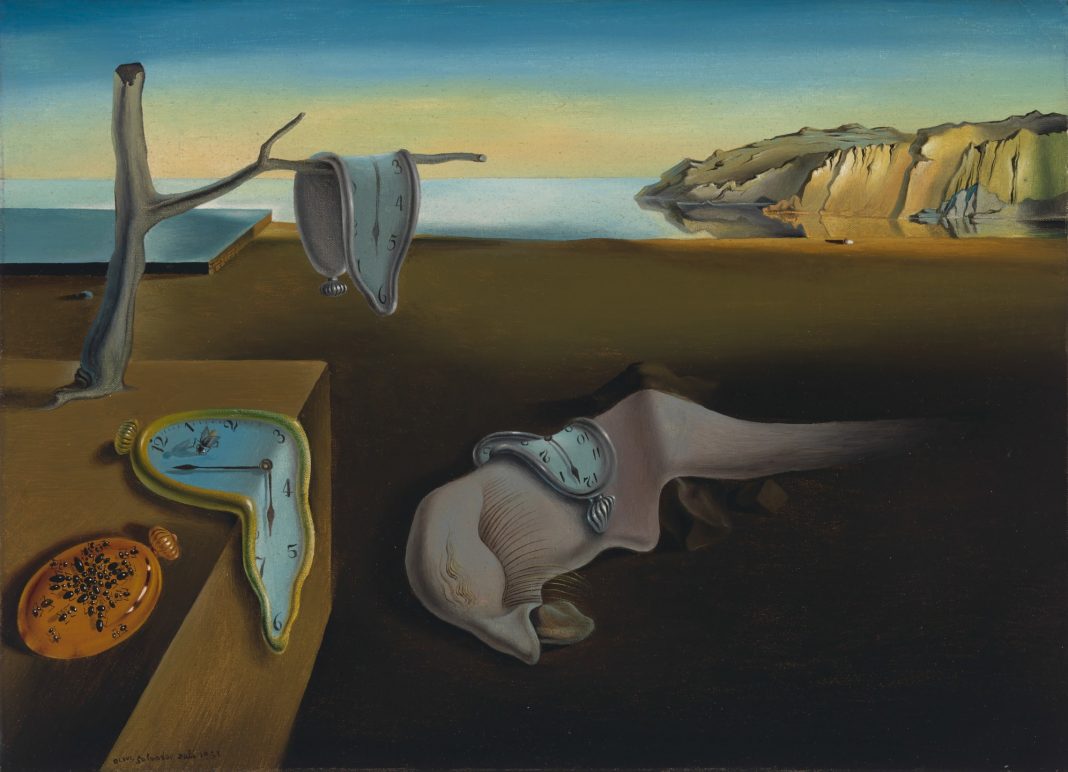Time marches on, although the pandemic has warped our customary perception of calendar pages predictably turning. Now it all seems strikingly similar to Salvador Dali’s famous painting, The Persistence of Memory; accordingly, today’s featured image comes courtesy of The Museum of Modern Art in NYC.
What does COVID’s surrealism have to do with food and dining?
 Last evening I stumbled on a forgotten scrap of paper from late 2019, ostensibly aimed at reminding me about a book I intended to purchase: The Way We Eat Now: How the Food Revolution Has Transformed Our Lives, Our Bodies, and Our World, by British food journalist and historian Bee Wilson.
Last evening I stumbled on a forgotten scrap of paper from late 2019, ostensibly aimed at reminding me about a book I intended to purchase: The Way We Eat Now: How the Food Revolution Has Transformed Our Lives, Our Bodies, and Our World, by British food journalist and historian Bee Wilson.
Eighteen months are mere specks of couscous in the cosmic tagine, and so belatedly Wilson’s book is to be added to the queue, just behind Roberto Bolaño’s novel The Savage Detectives.
Seeing as Susan Pedersen’s commentary at The Nation first drew my attention to The Way We Eat Now, it seems appropriate for me to link to her essay, which is worth your time in its own right. If you’ve already read the book, please let me know what you think.
How our food culture is killing us
We think of how we eat within a framework of choice, but as Bee Wilson tells us in her new book, The Way We Eat Now, that is ridiculous. We “choose” within a contained food environment, one shaped by availability and advertising, prices and profits, traditions and trends. How we eat has less to do with conviction and still less to do with virtue than with habits and traditions, environment and especially economics—that is, with the complex social order within which we live.





















